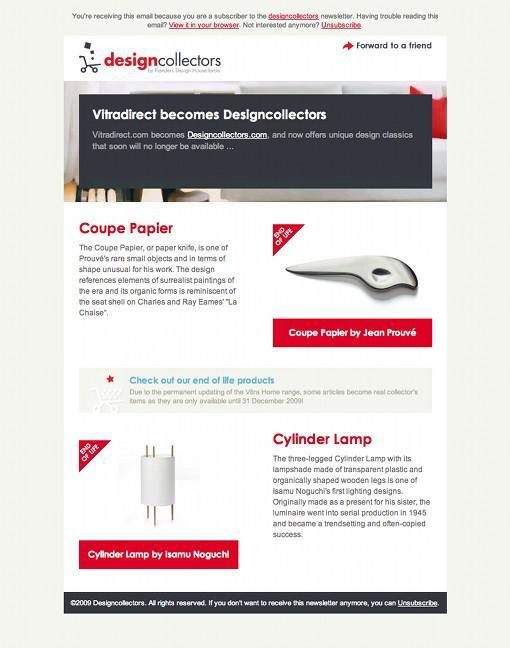MARKET REVIEW: Bangladesh car market expected to rebound
After a decade of dramatic growth in vehicle ownership, vehicle sales are down this year in Bangladesh. But the outlook remains bright, says Mark Godfrey, reporting from Dhaka.
Fluctuating orders for the country’s export-dependent garments industry is depressing sales of vehicles, commented Shah Khaled Pavel, assistant manager for sales at Navana Ltd, Bangladesh’s largest dealership for fresh Toyota cars.
Sales in the very first four months of two thousand nine halved on the same period last year, explained Khaled Pavel, who harks after the very first three months of 2008, when Navana sold more cars – three hundred models – than in all of the previous year. Best selling models at Navana have included the Avanza 1.5L, which retails at US$22,200.
That said, car dealers such as Khaled Pavel see a solid long-term future beyond the current blip in sales. That is perhaps understandable given Bangladesh is predicted to post 5% GDP growth in 2009, according to the World Bank, despite the global recession.
Local purchasing power is “enhancing like crazy,” gushed Khaled Pavel.
That’s good news for Toyota, which remains Bangladesh’s most popular brand.
Most of the Toyotas on Bangladesh’s clogged roads, however, are 2nd arm, reconditioned imports shipped from Japan.
While Toyota has 80% of the market share, reconditioned sedans account for more than 85% of sales, said Abul Bashar Khan, sales manager at reconditioned cars specialist Mama Cars, in Dhaka’s Gulshan district. The dealership has seen sales dip 10% in the very first four months of 2009.
Toyota’s dominance is likely to proceed. The ubiquity of the brand means re-sale is effortless, while “every roadside mechanic in the country knows how to fix a Toyota,” said Bashar Khan. It helps, said Khaled Pavel, that Toyota tunes extra-rugged vehicles on a special assembly line for the market in south Asia, where highway quality remains patchy.
Add-ons frequently suggested by the reconditioned market – drivers often order cars customised with DVD players – makes fresh, alternative brands less appealing.
“I can’t modify, I can’t add a DVD player,” complained Masud Reza Siddiqui, general manager at Multimode Transport Consultants, foot agents for Malaysia-made Proton in Bangladesh.
Sales are down 20% so far in two thousand nine at Dhaka-based Multimode, which gets the bulk of its sales from supplying the fleets of government and multinational companies such as HSBC and Unilever in Bangladesh. Multimode sold one hundred fifty vehicles in 2008, forty four of them to the country’s Ministry of Establishment, which runs its civil service.
Reza Siddiqui’s top seller, the 1,600CC Waja costs 1.9 million Bangladeshi Taka (US$28,000) after tax.
Meantime, duty on auto imports remains hefty in the country and some, like Khaled Pavel, fear a possible increase in June’s budget could further dent his sales in 2009. Tax for imported vehicles in the 1,500CC-plus range stands at 137%. That hurts fresh entrants rivaling on price, explained Asif Ahmed, sales executive at Ace Autos, foot agent for Excellent Wall in Bangladesh.
Sales of the Hover CUV – retail price three million Taka (US$44,600) – and Wingle pick-up (US$22,300) have not been very significant, since the two thousand seven launch, but are rising, he said. Ace has enlisted local musician Shafin Ahmed to advertise the Wingle, sold by Ace with a two year ‘bumper to bumper’ warranty of up to 30,000 kilometres.
Meantime, leading Dhaka retailer Rangs Motors Ltd has ditched China brand Geely in favour of India’s Mahindra.
Assistant general manager Satyajit Saha said customers who griped over Geely quality have been affected by the “durability” and fuel efficiency of the Mahindra Bolero SUV: one hundred vehicles have been sold since early 2008. India has no favourable trade terms with its neighbour. That means the Two.5L Bolero’s four million Taka (US$59,500) price tag is inflated by 200% tax.
